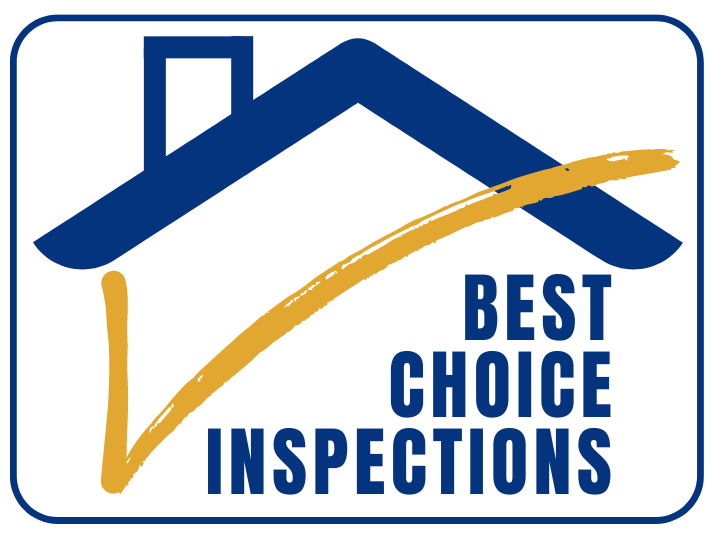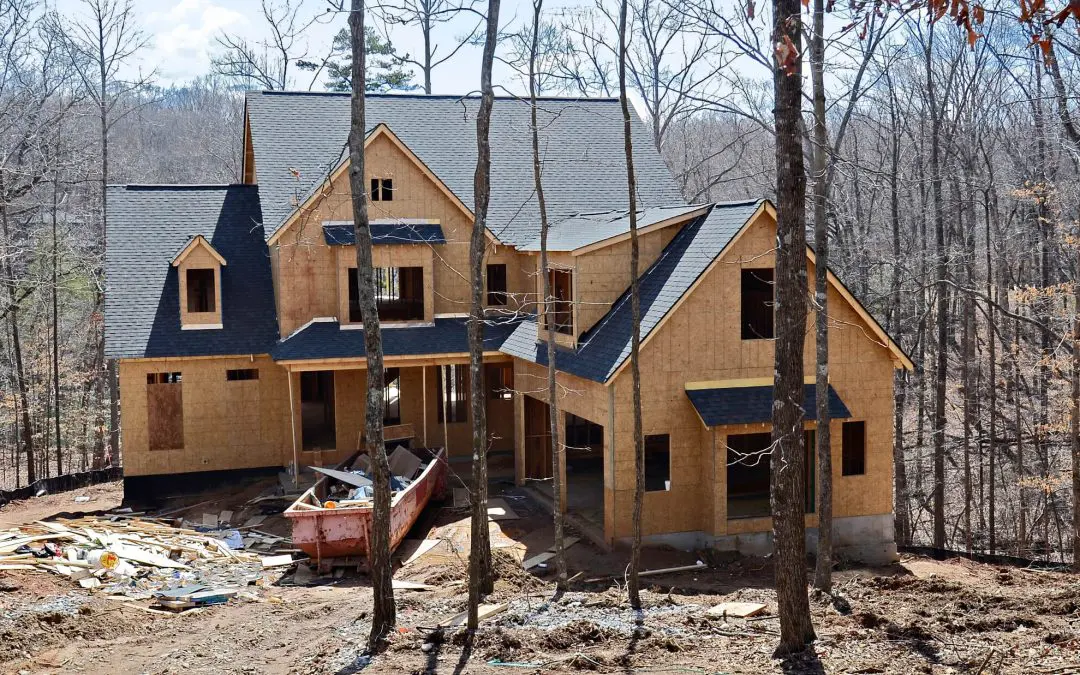Buying a new construction home is an exciting step, but it doesn’t always guarantee that the property is free from defects. Even in a newly built home, issues can arise due to poor workmanship, overlooked details, or substandard materials. As a homeowner, knowing the most common new construction defects will help you identify potential problems early and ensure that your dream home is in good shape.
Common New Construction Defects: Foundation Issues
A solid foundation is essential to the structural integrity of any home. Unfortunately, some new construction homes suffer from foundation problems that can have serious consequences.
Signs of foundation issues include cracks in the walls, uneven floors, or doors and windows that don’t close properly. These problems might be from improper soil compaction, poor drainage around the home, or even inadequate structural design. Homeowners should monitor any signs of movement or settling in their home’s foundation and address them promptly to avoid costly repairs.
Roof Leaks and Poor Installation
A home’s roof is its first line of defense against the elements, and any defects can lead to leaks, water damage, and mold growth. New construction homes may sometimes have improperly installed or substandard roofing materials.
Common roofing issues include missing shingles, poorly installed flashing, or inadequate ventilation. If these problems go unnoticed, they can cause damage to the attic, ceilings, and even the home’s structure. A professional roof inspection will help catch potential issues before they escalate.
Plumbing Problems
Plumbing defects in new construction homes are more common than homeowners might think. These issues range from leaky faucets and poor water pressure to more significant problems like faulty pipes or improper drainage.
A major concern in new construction homes is the potential for hidden leaks behind walls, leading to water damage, mold, and rot. It’s essential to have an inspector check that pipes, fixtures, and drainage systems are working correctly.
Electrical Wiring Issues
Electrical problems in a new home are dangerous. Faulty wiring, overloaded circuits, or improperly installed outlets can lead to short circuits, frequent power outages, or fire hazards. In some cases, homes may not have enough outlets, or the electrical system may not be sufficient to handle modern energy demands.
Homeowners should have an electrician assess the electrical system to confirm its safety and efficiency. This is especially important if the home was built quickly or on a tight budget, as shortcuts in electrical work are not uncommon.
New Construction Defects Involving Poor Insulation and Energy Efficiency
Many new homeowners expect that their newly constructed property will be energy-efficient. However, poor insulation or improper installation of windows and doors can lead to high energy costs and temperature inconsistencies throughout the home.
Drafty windows, doors that don’t seal properly, or insufficient insulation in the attic and walls can allow air to escape, making it harder to maintain a comfortable indoor climate. Pay attention to drafts, uneven temperatures between rooms, and excessive noise from outside, as these are signs that the home’s energy efficiency might be compromised.
Siding and Exterior Finishing Problems
A home’s exterior enhances its curb appeal and protects it from the elements. Defects in siding or exterior finishing can lead to water intrusion, pest infestations, and deterioration of the building materials. Sometimes, siding may be installed improperly, leaving gaps that allow moisture to penetrate the walls. Over time, this can result in rot, mold, or even structural damage. Homeowners should visually inspect the siding and other exterior finishes for any signs of warping, cracks, or gaps and address these issues before they worsen.
New Construction Defects in Flooring
Flooring defects manifest in several ways, including uneven or sloping floors, cracked tiles, or improperly installed hardwood. Flooring problems often arise from poor installation practices or low-quality materials. In some instances, builders may rush the installation process, leading to future issues such as gaps, buckling, or squeaking. If homeowners notice any of these problems, it’s essential to have a contractor inspect the flooring and determine whether repairs or replacements are necessary.
HVAC System Failures
A home’s heating, ventilation, and air conditioning (HVAC) system is vital for maintaining a comfortable indoor environment. Unfortunately, some new construction homes may have HVAC systems that are undersized or improperly installed, leading to inefficiency, poor air circulation, and frequent breakdowns.
Homeowners should ensure that the HVAC system is appropriately sized for the home and that all ducts, vents, and units are installed according to manufacturer specifications. Inadequate HVAC performance can lead to high energy bills and discomfort during extreme weather conditions.
Window and Door Alignment
Windows and doors that are not properly aligned can cause numerous issues, from drafts and energy loss to security risks. Misaligned windows or doors may not open or close properly, compromising the home’s insulation and making it easier for moisture or pests to enter. In some cases, these problems are due to the home settling; in others, it could be poor installation during construction. Homeowners should regularly check the fit and function of all windows and doors, and if they notice any of these signs, call in a professional.
Incomplete Finishing Work
While major structural defects pose significant risks, more minor cosmetic issues can also be a headache for homeowners. Incomplete or poorly executed finishing work, such as sloppy paint jobs, crooked molding, or poorly fitted cabinetry, detract from the home’s overall appearance. These finishing defects may seem minor at first but diminish the quality and value of a new home. Homeowners should take the time to check all finishes and ensure that every detail meets their expectations.
New construction homes are appealing for their modern designs, energy-efficient features, and lack of wear and tear. However, they are not immune to defects. Various problems can arise in newly built homes, from foundation issues to shoddy finishing work. As a homeowner, hiring a professional inspector and proactively addressing potential defects will save you time, money, and frustration in the long run.
FAQs on New Construction Defects
Can a new roof leak even if it’s been recently installed?
Yes, a new roof can leak if it’s improperly installed or if flashing is not correctly placed. Other common causes include poorly sealed vents or inadequate roofing materials. Regularly inspecting the roof for any visible signs of damage or moisture is essential, especially after storms.
How can I tell if my plumbing system has defects in a new construction home?
Low water pressure, slow drainage, leaks around fixtures, and water stains on walls or ceilings are common signs of plumbing defects. If you hear persistent dripping sounds or notice dampness in areas that should be dry, it’s a sign that there could be a hidden plumbing issue.
Why does my brand-new home feel drafty even though it’s newly built?
Drafts in a new home are usually caused by poorly sealed windows or doors or inadequate insulation in walls and the attic. Sometimes, contractors overlook these details during the building process, leading to inefficient energy use and discomfort.
What should I do if my hardwood floors are warping or buckling in my new home?
Warping or buckling floors in a new construction home can be caused by improper installation or excessive moisture. First, check for signs of water leaks or high humidity in the area. If no moisture issues are present, contact your builder to address the installation problem before it worsens.
Best Choice Inspections provides inspection services in Knoxville, TN, and the surrounding area, including new construction inspections. If you’re buying or selling a home, contact us to request an appointment.

